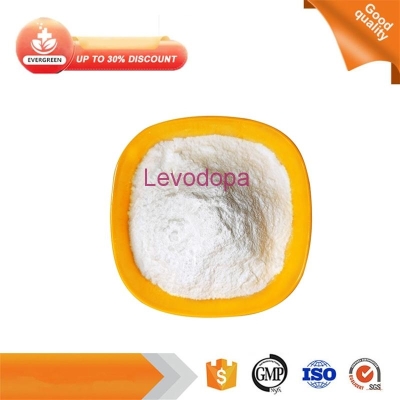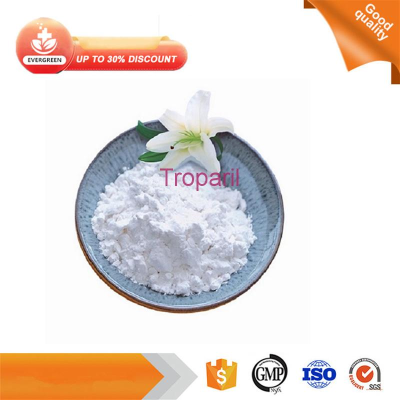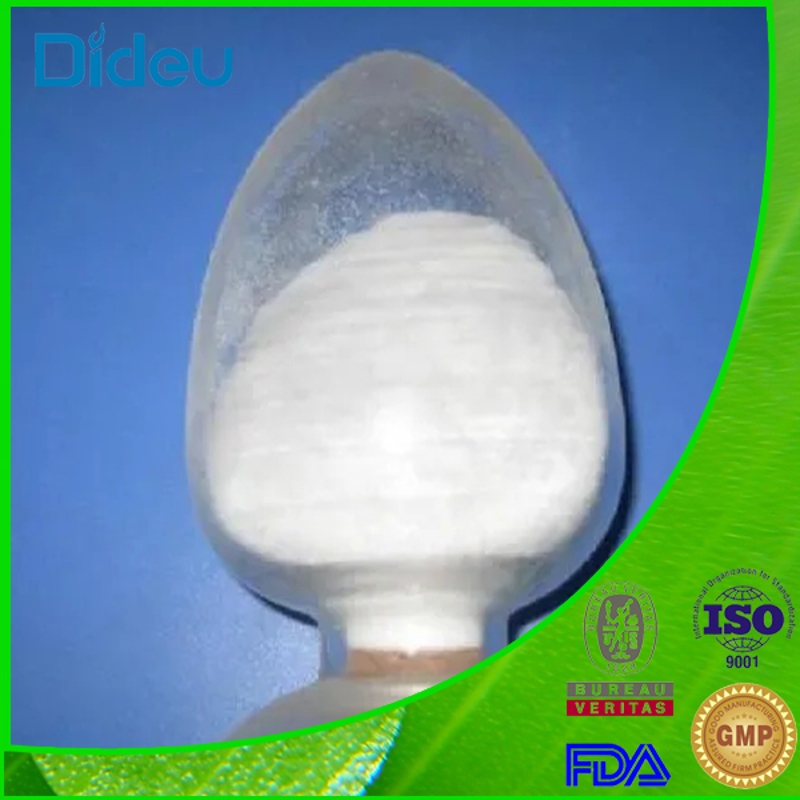-
Categories
-
Pharmaceutical Intermediates
-
Active Pharmaceutical Ingredients
-
Food Additives
- Industrial Coatings
- Agrochemicals
- Dyes and Pigments
- Surfactant
- Flavors and Fragrances
- Chemical Reagents
- Catalyst and Auxiliary
- Natural Products
- Inorganic Chemistry
-
Organic Chemistry
-
Biochemical Engineering
- Analytical Chemistry
- Cosmetic Ingredient
-
Pharmaceutical Intermediates
Promotion
ECHEMI Mall
Wholesale
Weekly Price
Exhibition
News
-
Trade Service
With the development of the global population aging process, brain aging prevention is a common problem
.
Aging is associated with a gradual decrease in the effectiveness of the mechanisms for maintaining homeostasis in the body and its organs and tissues, which leads to an increased
risk of various pathologies and death.
At present, China has entered an aging society, and it is expected that by 2050, the population over 60 years old will account for 30% of the total population, and the aging problem is becoming increasingly serious
.
Brain aging is an important cause of most neurodegenerative diseases and is often irreversible and the lack of effective treatments leads to a dramatic decline
in quality of life.
Some studies have noted that age-related cognitive decline is characterized by a massive reduction or even death
of neurons in the brain.
Neuroinflammation is a local inflammation
of the peripheral nervous system (PNS) and CNS of the central nervous system.
Neuroinflammation has been shown to alter neurogenesis
in adults.
Various inflammatory components, such as immune cells, cytokines, or chemokines, regulate the survival, proliferation, and maturation
of neural stem cells.
Current studies have shown that mesenchymal stem cells (MSCs) can stimulate neurogenesis and angiogenesis and delay neuronal cell death
.
At the same time, they secrete exosomes that are smaller in size and cause fewer immune responses in the body, which is a hot spot for current research (Figure 1).
Researchers from Jilin University wrote a review on the possible mechanisms
by which exosomes secreted by mesenchymal stem cells improve cognitive function in aging brains.
Study results
1.
Manifestations of brain aging
Cellular senescence is an important factor in tissue degradation, and the accumulation of senescent cells is considered a marker and pathological cause
of aging.
The microstructure of gray matter and white matter in the human brain degeneration during aging leads to tissue softening and tissue atrophy
.
The rate of brain atrophy during aging can predict whether a person will develop cognitive impairment and dementia, and cross-sectional tissue section analysis shows that atrophy is a combination of
dendritic degeneration and neuronal death.
Some scholars use magnetic resonance imaging (MRI) to find that the frontal, parietal, and temporal lobes decrease
with age.
Initially, these aging mechanisms occur primarily at the cellular level due to slowed metabolic activity and ischemia, such as inflammation, mitochondrial dysfunction, oxidative stress, and calcium dysregulation, but then gradually manifest themselves in
organ-level changes in tissue and eventually brain shape.
Fig.
1 Mesenchymal stem cells process pathological molecular changes after aging brain
2.
Mesenchymal stem cells and exosome characteristics
Mesenchymal stem cells (MSCs) have the potential to differentiate into a variety of types of cells, and have strong proliferative ability, in addition to pluripotency, MSCs also have immunomodulatory properties, and their immunomodulatory effects are mainly transmitted
through cytokines secreted by MSCs.
Various animal models (myocardial infarction mice, burn mice, and diabetic mice) and clinical trials have shown that MSCs show good results
in repairing damaged tissue.
Mesenchymal stem cells have homing ability, meaning they can migrate to the site of injury and secrete some growth factors, cytokines, and chemokines
that are beneficial for tissue repair.
Exosomes are nanoscale vesicles (30-150 nm in diameter)
secreted by most cells.
They are surrounded by lipid bilayers and carry a variety of biomolecules, including proteins, lipids, metabolites, RNA, and DNA, and exosomes play a vital role
in bioactive molecule transport, immune response, antigen presentation, protein regulation, cellular homeostasis, and extracellular matrix remodeling.
Therefore, exosomes are considered important mediators
for cell-to-cell communication.
MSC-derived exosomes contain cytokines, growth factors, lipids, and messenger RNA (mRNA) and regulate the function of
microRNAs (miRNAs).
The therapeutic effect of mesenchymal stem cells and exosomes on brain aging diseases is mainly through these ways: first, mesenchymal stem cells can repair hippocampal neuronal cells and slow down brain aging; It also delays brain aging by promoting angiogenesis, and cell therapy using MSCs can enhance endogenous repair mechanisms
in damaged brains by supporting processes of neoangiogenesis, neurogenesis, and neural reorganization.
In addition, mesenchymal stem cells and their secreted exosomes slow brain aging
by inhibiting the expression of pro-inflammatory factors.
MSCs can control the inflammatory response and delay brain aging
by producing a variety of factors to maintain the resting phenotype of microglia or control microglia activation.
Studies have shown that exosomes obtained from MSC secretions also have anti-inflammatory effects
.
It regulates the brain infiltration of leukocytes, thereby protecting the normal structure and function
of neurons.
Table 1 Applications of mesenchymal stem cells (MSCs) and exosomes in brain aging
In recent years, there has been increasing interest in exosomes, MSC-derived exosomes are an ideal delivery system for small molecules and gene therapy for cancer treatment and potential regenerative drugs
.
In addition, encouraging preclinical data suggest that MSC-derived exosome therapies may be superior to cell-based therapies
in terms of safety and versatility.
Today, the preparation of mesenchymal stem cells has been proficient, and the extraction of exosomes is constantly improving
.
However, the purification technology of exosomes after extraction still needs to be solved, and further scientific research is needed to improve the purification technology and obtain higher quality exosomes
.







